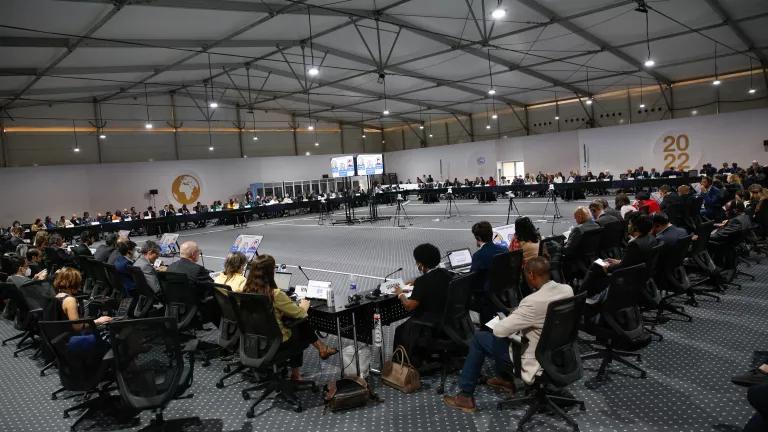Latin America Green News (10/08-12/2012): Renewables advance in Chile; good news for sharks in Costa Rica
Latin America Green News is a selection of weekly news highlights about environmental and energy issues in Latin America.
Chile
A 106 MW wind farm in Chile’s Araucanía Region received approval from the Environmental Evaluation Service and is now set to move forward. The new project proposed by Endesa Eco will entail constructing 44 wind turbines, an estimated investment of US$ 240 million. The company will also build a substation and transmission line to bring the power to Chile’s main electric grid. (Diario Financiero 10/12/2012)
Chile’s state-owned copper mining company, Codelco, has plans to develop seven non-conventional renewable energy projects. In total, these projects would add 60 MW to help meet the mining sector’s growing energy demand. The largest of these projects is the 50 MW Calama wind farm which will come online based in part on the electric grid’s ability to incorporate renewable sources. (Diario Financiero 10/12/2012)
The general manager of GasAtacama, Rudolf Araneda, predicts that in the next three to five years the cost of producing solar power in Chile’s north will drop below the cost of electricity from coal. GasAtacama is currently considering its options for meeting a requirement to produce a certain percentage of the power it injects into the national grid with non-conventional renewable energies. As part of this process the company is evaluating solar and wind projects. (Diario Financiero 10/12/2012)
Costa Rica
Costa Rica moved to protect sharks from unsustainable practices such as finning and overfishing. The President of Costa Rica, Laura Chinchilla signed an executive decree to close a legal loophole that allowed fisherman to continue shark finning. While an existing ban prohibited shark finning in Costa Rican waters, fishermen were getting around this ban by fishing in Nicaraguan waters and importing shark fins to Costa Rica by land, and by trading fins while on their boats. Costa Rica also joined other countries including Brazil, Mexico, the European Union, Honduras, Columbia and Ecuador, in proposing to add hammerhead sharks to the list of species threatened by international trade. The petition to add the hammerhead shark as an Appendix II animal will be considered in March in Thailand at the Convention on International Trade in Endangered Species of Wild Flora and Fauna (CITES) conference. This change of status would help ensure that any country fishing for hammerhead sharks must prove that their fishing is sustainable and is not resulting in a deep decrease of the population. (La Nación, 10/11/2012, El Financiero, 10/12/2012)
The Costa Rican Legislative Assembly approved a proposed bill that puts an end to sport hunting. The bill, proposed by Association for the Preservation of Flora and Fauna (APREFLOFAS), changed existing wildlife laws to bring them in line with wildlife preservation standards in place in other countries. One of the changes in the reformed law is a prohibition on trophy hunting or any hunting for sport in the country. Hunting is still permissible for subsistence and population control, and the law does not include sports fishing. (El País, 10/12/2012)
Mexico
Mexico is in a position to be a leader on solar energy according to the technical director of Aora Solar Energy Local Power, which plans to build a hybrid solar thermal plant in Sinaloa, Mexico. The company opened its offices in Mexico to help guide the country into a new era of renewable energy by offering advice and building solar thermal plants. Sinaloa was chosen for its large amounts of biogas because the plant would run on a hybrid system, utilizing solar energy as well as biogas when there is no sun, to keep the plant running uninterrupted 24 hours a day. (Diario de Yucatán, 10/10/2012).
Over 100 companies in Mexico participated in the Forum Green Solutions 2012, which aims to bring companies and environmental experts together to fight climate change and contribute to economic development. Some of the earth- and people-friendly products presented at the forum included chewing gum made from natural ingredients instead of petroleum polymers and plant-based containers that are alternatives to petroleum based plastic. (La Voz 10/10/2012)
For more news on the issues we care about visit our Latin America News archive or read our other International blogs.




